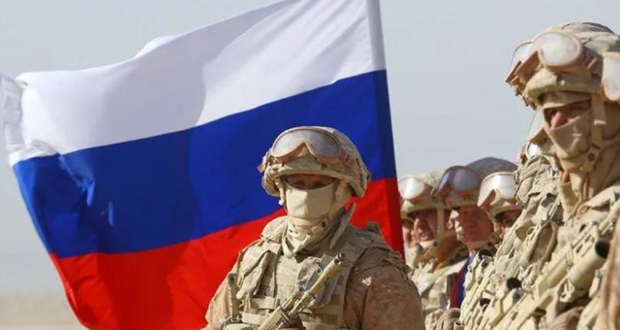Since the terror attack at the Crocus city centre in Moscow, allegedly by the Islamic State of Khorasan Province (ISKP), in March 2024, Moscow has intensified efforts to prevent Afghanistan’s resurgence as a terror haven. One way of doing this, as Russian actions suggest is greater engagement with the Taliban. Recently, the Russian Ministry of Foreign Affairs and the Ministry of Justice sent a proposal to President Vladimir Putin to remove the group from the list of terror organisations where it has been listed since 2003. Given that India and Russia cooperate on terrorism emanating from Afghanistan, it is important to understand the new developments in Afghanistan and India-Russia cooperation on counterterrorism.
Securing their interests
Russia’s decision to remove the Taliban from its terror list, while not sudden, is viewed as a ‘limited risk’ scenario. While falling short of recognition, with the group still under the UN Security Council sanctions, Moscow’s decision aims to gain leverage with the Taliban-run Islamic Emirate. Since the fall of Kabul, Russia has engaged with the Taliban—its diplomats stayed back and its embassy remained open. Moscow also accredited a Taliban-appointed diplomat in August 2022 and accepted a military attaché in February this year. It invited the group for the Moscow Format consultations in 2021 and 2022 and the St Petersburg International Economic Forum twice, in 2022 and 2024. The country’s special envoy recently also hinted at Kabul’s possible inclusion in the Shanghai Cooperation Organisation (SCO), subject to its recognition.




